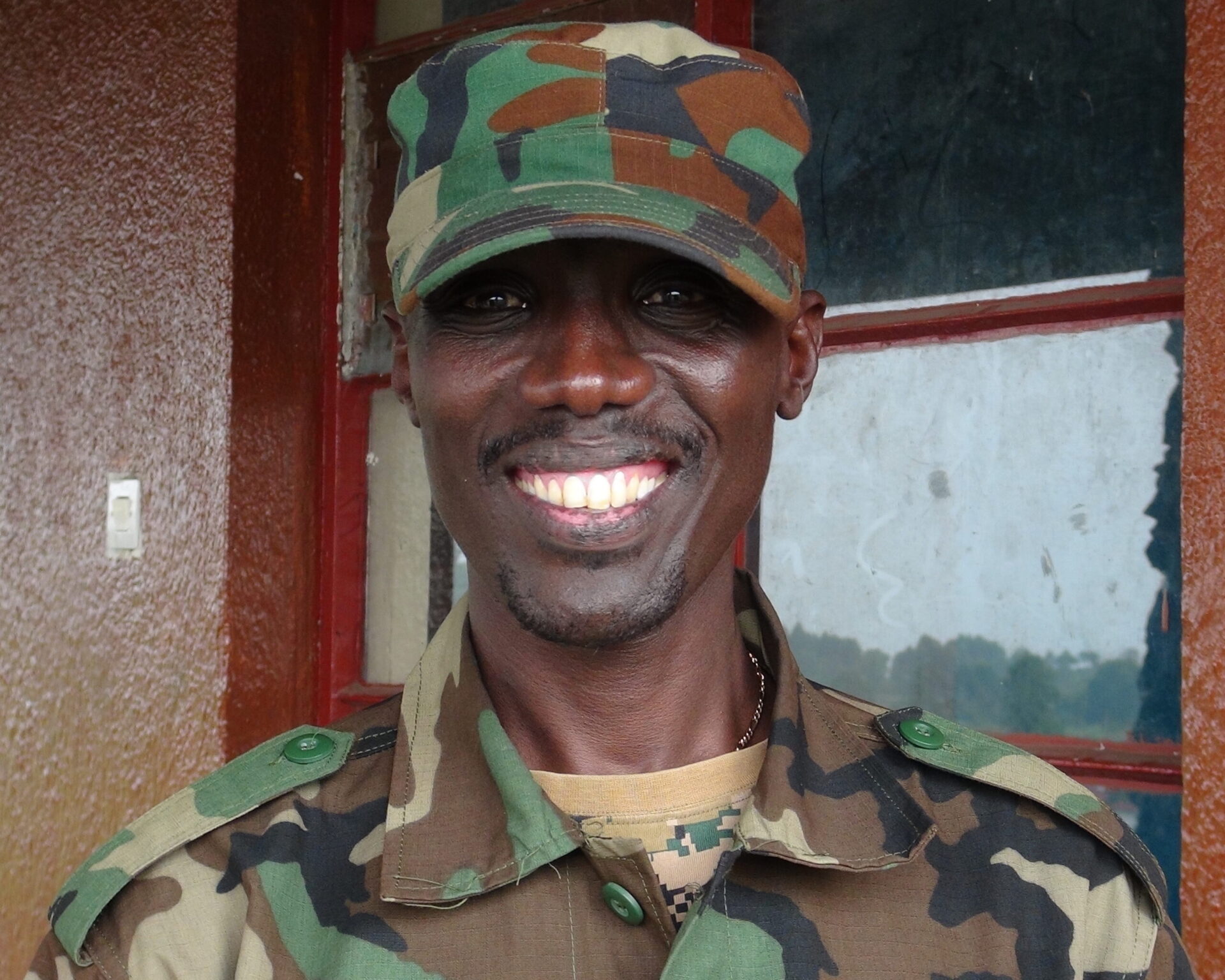
Souleymane Ag Bakawa, Abrahim Boubacar, and Abu Dahdah: ISGS Loses Trio of Commanders in Mali
Souleymane Ag Bakawa, Abrahim Boubacar, and Abu Dahdah: ISGS Loses Trio of Commanders in Mali
Executive Summary:
- Islamic State in Greater Sahara (ISGS) recently lost three major commanders, Souleymane Ag Bakawa (“Soldat”), Abrahim Boubacar (“Oubel”), and Abu Daḥdāḥ. ISGS’s losses are expected to reduce the tempo of the group’s attacks and potentially cede ground in the region’s jihadist ecosystem to al-Qaeda affiliate Group for Supporters of Islam and Muslims.
- Soldat and Abu Daḥdāḥ are believed to have been killed, while Oubel surrendered to Malian troops with ten of his men.
On June 9, Islamic State in Greater Sahara (ISGS) claimed responsibility for an attack in Tessit, Mali, near the border with Niger and Burkina Faso. The attack allegedly killed 40 Malian soldiers and destroyed 15 vehicles, according to ISGS. Local reports and the group’s photos largely substantiated ISGS’s claims (YouTube/France 24, June 11). This attack in Tessit, along with subsequent attacks by the group, occurred despite ISGS’s loss of three of its commanders: “Soldat,” “Oubel,” and “Abu Dahdah” (Zagazola, June 28). ISGS has proven resilient: just as the group’s attacks continued after the deaths of former leader Adnan Abu Walid al-Sahrawi and his deputy Abdelhakim Sahrawi in 2021, ISGS seems poised to continue its operations under different commanders (France 24, September 16, 2021).
“Soldat” was the alias used by Souleymane Ag Bakawa. Soldat is believed to have been killed by the Malian Armed Forces (FAMa) in the Ménaka Region, not far from Tessit. He had undergone FAMa training before deserting and becoming a militant, and his understanding of the Malian Armed Forces made him particularly effective (Afrik.com, July 22). According to the FAMa, he masterminded the assassinations of security forces in Ménaka and also contributed to the execution and kidnapping of civilians (APAnews, July 21). The region is wracked by kidnappings attributed to Islamist groups, many of which featured ISGS’s signature operational style, even if the group did not claim responsibility for them. A recent example includes a local civil society leader in Ménaka (West Africa Democracy Radio, May 21).
“Oubel” was the alias of Abrahim Boubacar, who, unlike Soldat, surrendered to FAMa on June 28 (West Africa Weekly, June 29). It was unclear why Oubel surrendered himself, 10 of his fighters, and their weapons to the security forces. The surrendering militants were provided a military escort on their trip to a nearby town. Taken together, this and the way Oubel surrendered suggest his surrender may have been prearranged with the FAMa.
One possible reason for Oubel’s defection from ISGS is the killing of another of the group’s major commanders just a day before. Abu Daḥdāḥ was killed near Ménaka by the FAMa on June 28 (APAnews, July 2). As one of the few Moroccans in ISGS ranks, he may have stuck out from his fellow fighters (West Africa Weekly, June 28).
In addition to Abu Daḥdāḥ, one of his sub-commanders, Abu al-Gabassa, and several other bodyguards and militants were killed in the same operation. A short clip of the counter-terrorism effort was put out by the Russian Africa Corps (African Initiative, June 29; X/@fabsenbln, June 28). Daḥdāḥ had been among the key commanders to take over for Adnan Abu Walid al-Sahrawi and his deputy Abdelhakim Sahrawi after their deaths.
ISGS’s loss of three major commanders and a portion of their cohorts could represent a serious setback for the organization. This will not necessarily stifle the group’s operations, given its multiple brigades of fighters, but could lead to a slowdown, especially in the Ménaka Region. Ironically, it also means the FAMa and Russian Africa Corps may see a rise in attacks by the al-Qaeda-affiliated organization Group for Supporters of Islam and Muslims (JNIM) in Ménaka, which is likely to exploit ISGS’s weakness to encroach on territory that has until now been heavily contested between the two rival jihadist groups.


